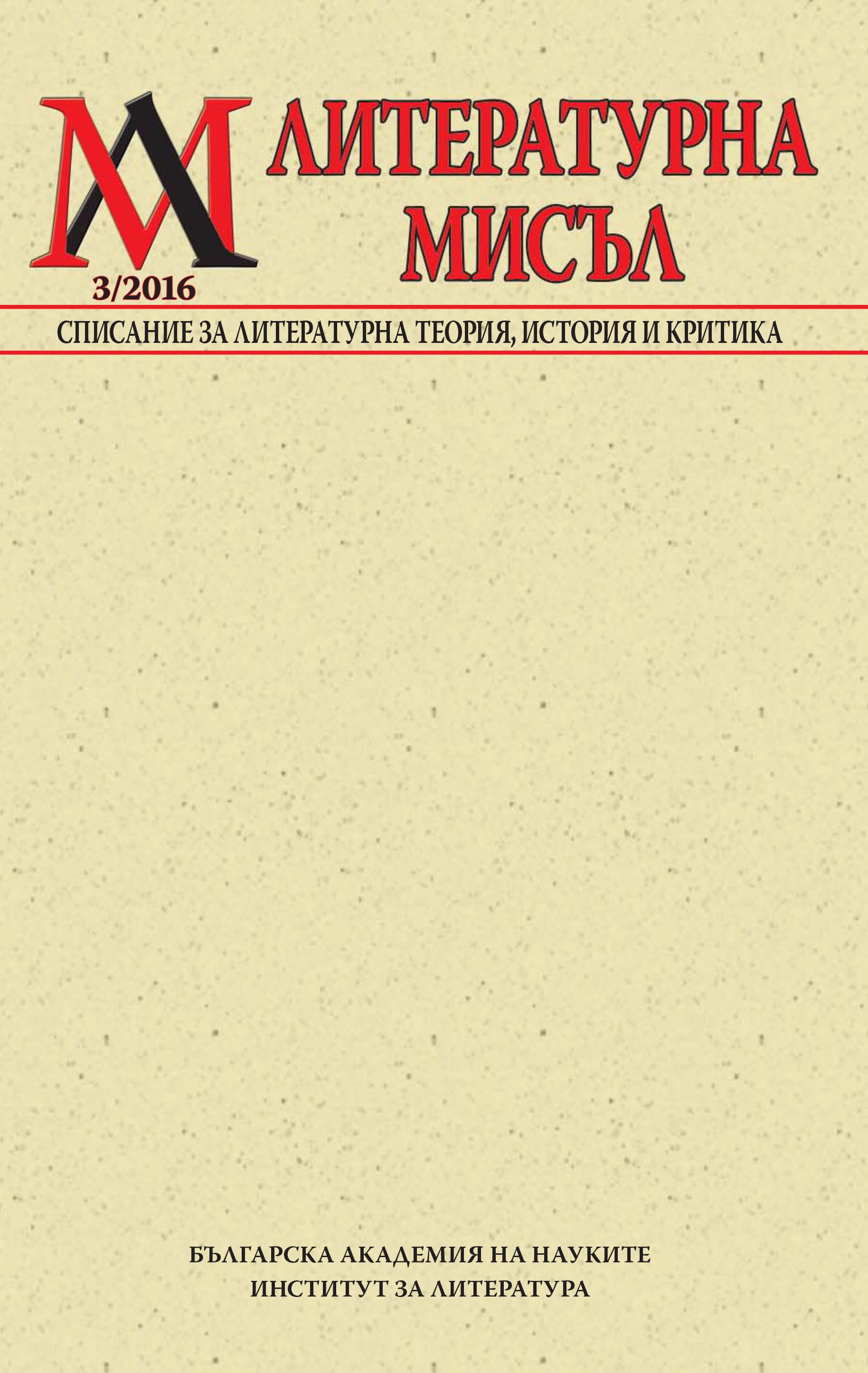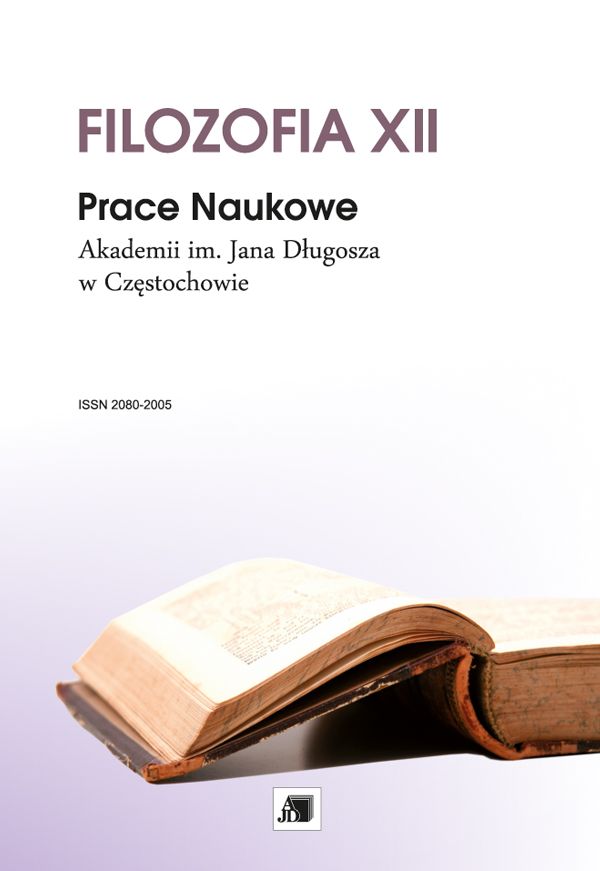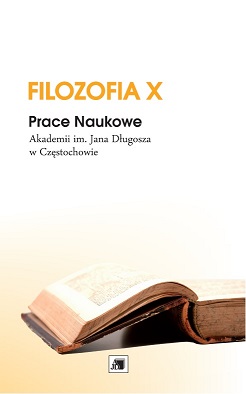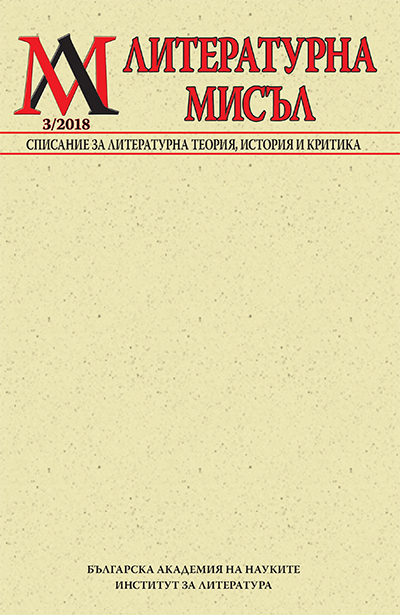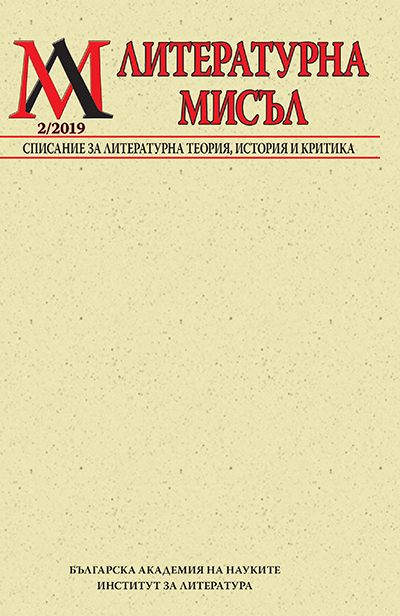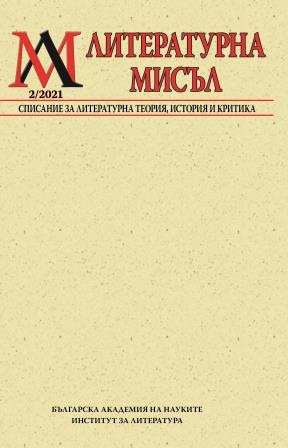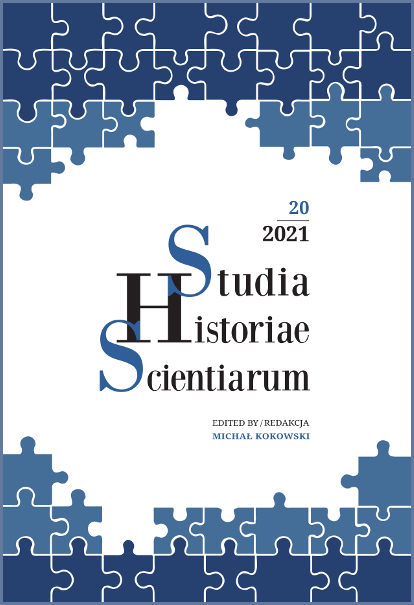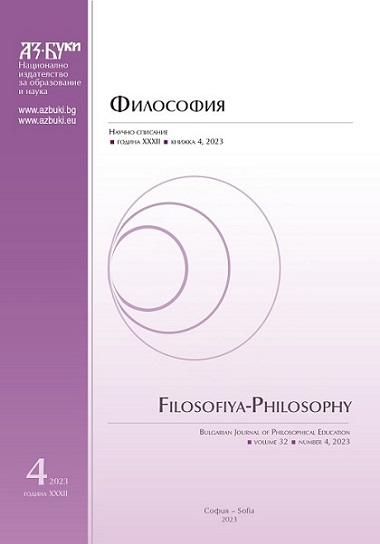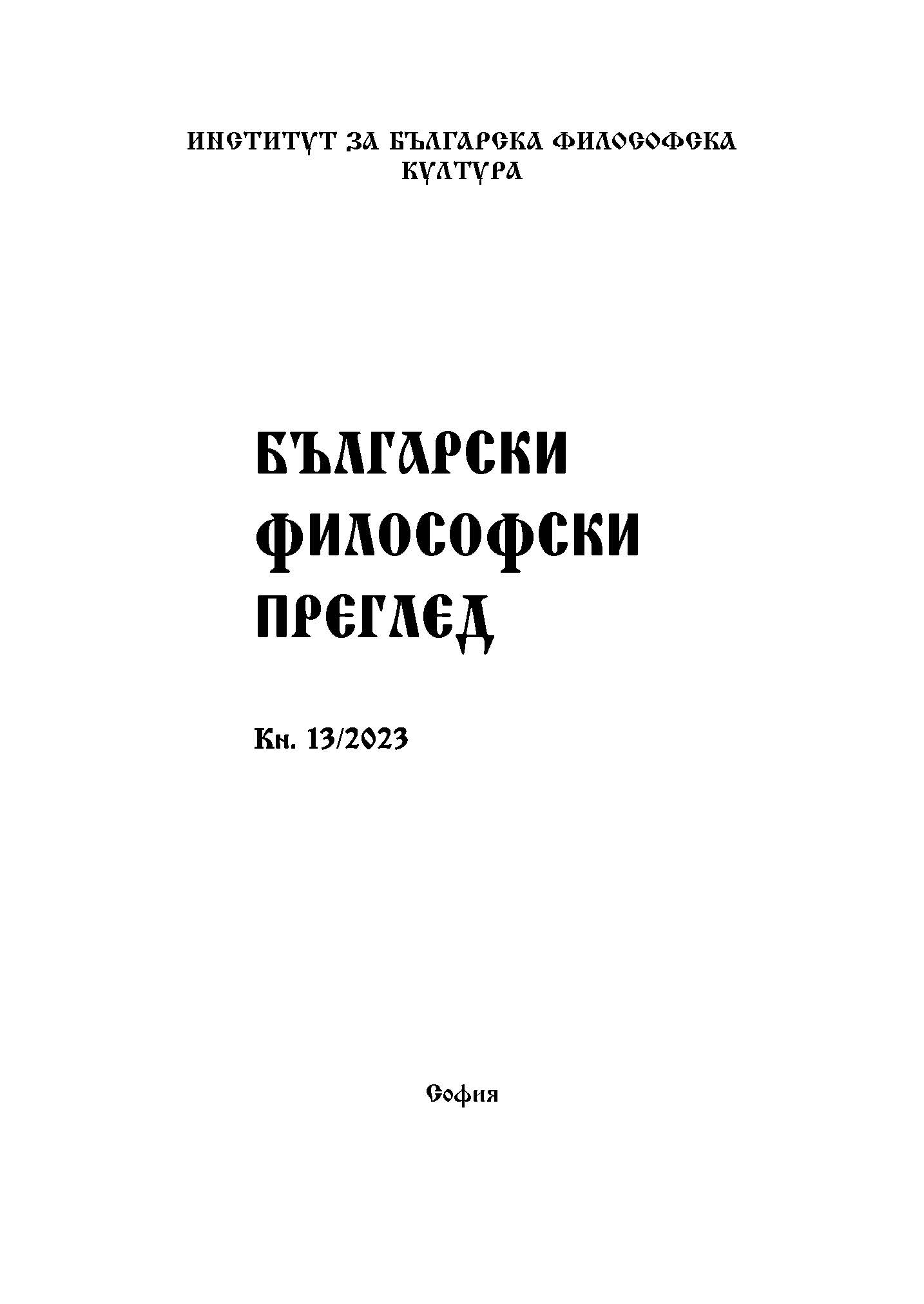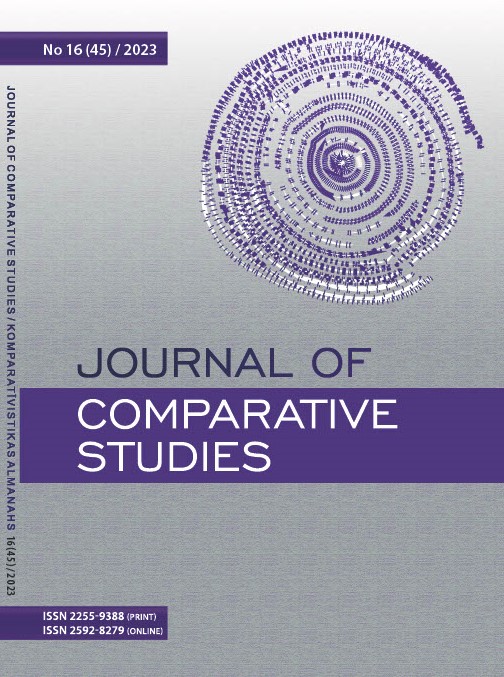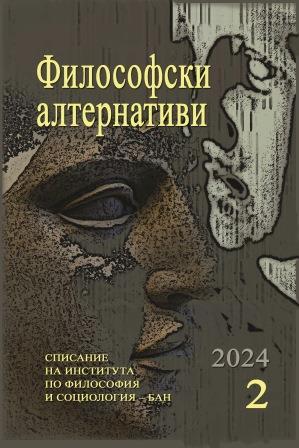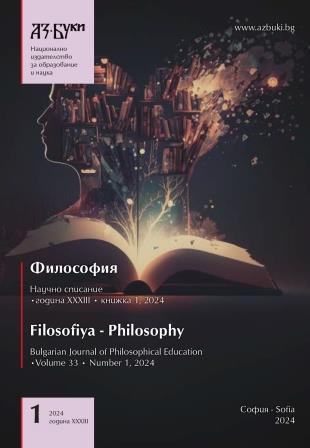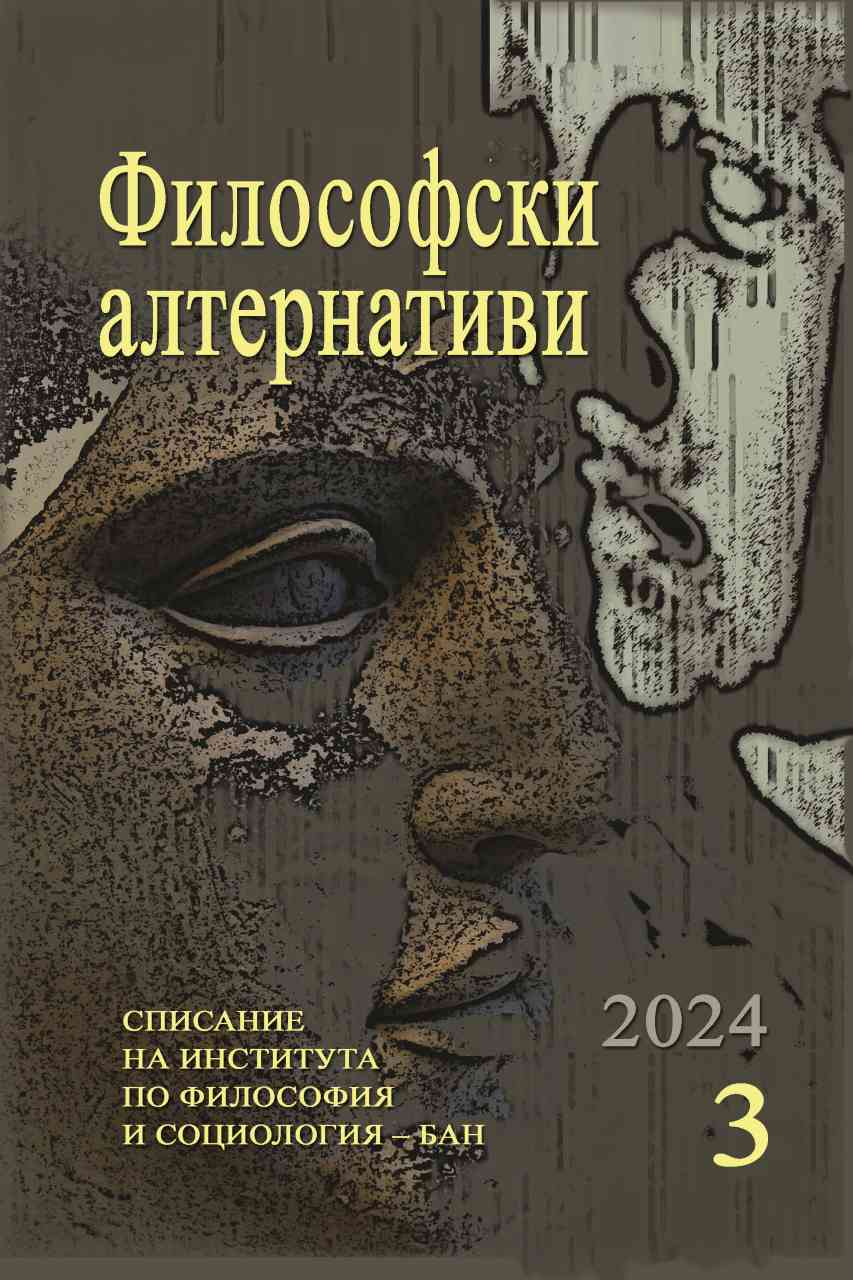Author(s): Merlina Koseni,Enkelejda Cenaj / Language(s): English
Issue: 16(45)/2023
Living and engaging in a society means living with others, accepting changes (gender, regional, political, cultural), and being able to maintain uniqueness. Albania is a small country, but it faces a high level of intolerance and regional, gender, political, cultural prejudices, etc. In this paper, we will try to apply Hans-Georg Gadamer’s theory on communicative understanding and fusion of horizons as a model that can lead us at reducing the level of prejudice and intolerance towards each other. For Gadamer, communicative understanding occurs only through a way of being with the other person. The purpose of dealing with Gadamer’s theory on understanding is to show the practicality of his hermeneutic theory to create new knowledge, to overcome the challenges of diversity in a society, as well as to create a just society where change and diversity are normal. This research is a qualitative theoretical research in which the hermeneutic research methodology and secondary data analysis are used. Through a textual analysis, we will focus on the treatment of Gadamer’s theory and the importance of the principles of dialogue, tolerance, prejudice, solidarity, reciprocity, equality and freedom in creating an open-minded and tolerant society. According to Gadamer, if we want to create a just and peaceful society, we must understand the others and not simply accept their presence, we have to accept our prejudices and try to overcome them. By identifying the important values of Gadamer's theory we can create a more tolerant environment and overcome the prejudices we have towards each other in a society like ours. Overcoming the divisions within us will bring us together to lead our society towards further cultural and political development.
More...
